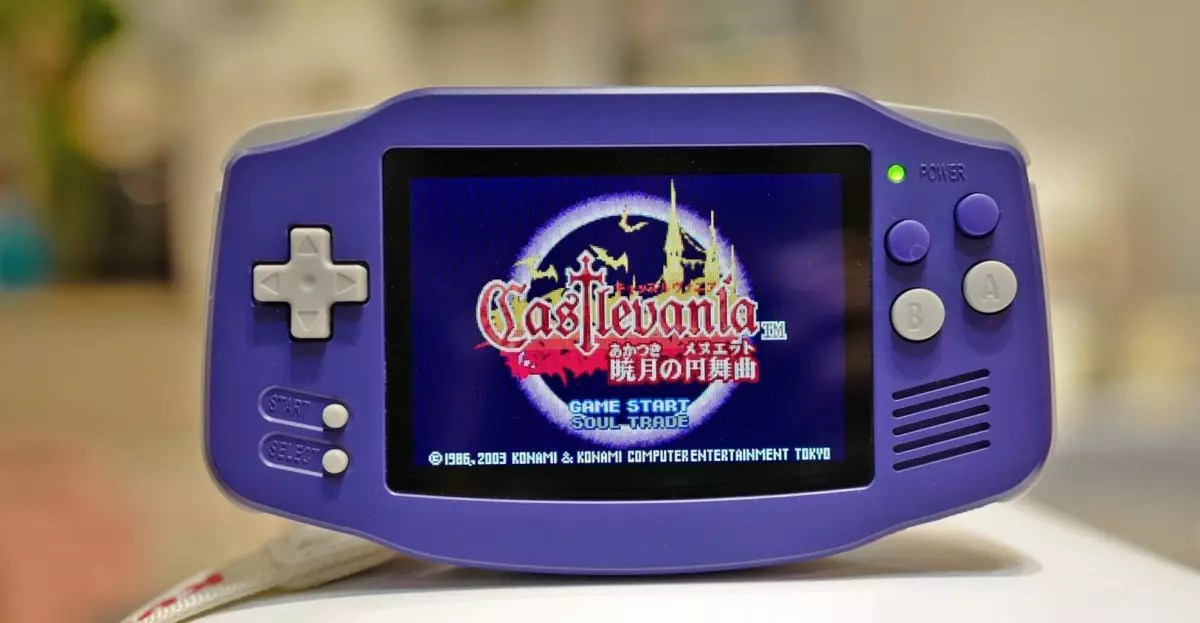In recent months, the discourse surrounding tariffs has eschewed from standard economic assessments to a lively debate impacting the gaming community. As the Trump administration threatens a staggering 245 percent tariff on imported goods from China, companies like Anbernic—a popular manufacturer of Game Boy clones—find themselves at a precarious crossroads. Tariffs serve as economic pressure points that can artificially inflate prices for consumers and drastically alter the landscape of gaming devices, igniting a firestorm of uncertainty among both companies and fans alike.
Anbernic’s Resilience Tested
Anbernic, known for its affordable, high-quality replicas of retro gaming consoles, has taken proactive measures in response to these impending tariffs. The company has announced an indefinite suspension of all U.S. shipments from China, stating, “Due to changes in U.S. tariff policies, we will be suspending all orders shipping from China to the United States starting today.” This decision, while somewhat shocking, is ultimately grounded in necessity. By encouraging customers to prioritize products shipped from its pre-existing U.S. warehouse—unscathed by import duties—Anbernic attempts to navigate these stormy waters with prudence.
However, this transition isn’t as simple as it seems. Anbernic has previously employed a dropshipping model, where new handhelds are shipped directly from China to consumers upon release. The current suspension hints at a vulnerability that other companies, like RetroTINK, have already faced, demonstrating the fragility of operational frameworks in the wake of sudden regulatory changes.
Consumer Choices: Affected by Economy or Affection?
What’s particularly compelling about Anbernic’s products is how they disrupt established patterns in the gaming industry. Priced at approximately $70, these handhelds have rapidly become fan favorites for those longing for nostalgia. Yet, with the looming threat of tariffs, such reasonable pricing could soon be relegated to a relic of the past. The economic ramifications are profound: will the consumer be willing—or able—to absorb these new costs?
Interestingly enough, Anbernic has been directing customers to its U.S. warehouse long before the official suspension notice. This was a subtle acknowledgment of the rising tariff concerns and a means to ensure customer satisfaction amid a shifting regulatory terrain. Yet, the very nature of these warnings raises an essential query: How much are consumers willing to pay for nostalgia? Are we prepared to accept inflated prices for products that appeal to our sense of history?
The Complicated Dynamics of Supply Chain Management
The removal of the de minimis exemption, which previously allowed for the duty-free entry of low-cost goods, amplifies the stakes for numerous companies, especially smaller entities like Anbernic. Anbernic’s response—shifting to U.S.-based stocking for rapid fulfillment—shows a considerable level of ingenuity. However, the question remains: can such strategies sustain the company’s viability in the increasingly tumultuous economic landscape?
Moreover, the operation of third-party sellers, such as Amazon, adds another layer of complexity. While Anbernic’s handhelds maintain availability through these platforms, purchasers face risks associated with ROM competitions that often accompany these devices. The real challenge lies in whether consumers will opt for these secondary channels, which often come with their own intricacies and potential liabilities, rather than directly through the manufacturer.
Future Prospects and Fan Reactions
As the potential tariffs loom larger, Anbernic’s position as a leader in affordable retro gaming might face challenges that could alter its market position. The heartfelt attachment many have for joy-inducing retro games means that there’s a palpable concern for the future availability of these beloved devices. Such apprehension is echoed in the gaming community, where players are just as invested in maintaining access to nostalgia as they are in the technology itself.
In the end, the intersection of trade policies, consumer sentiment, and nostalgic gaming serves as a compelling case study demonstrating how swiftly economic factors can disrupt markets. Anbernic is a testament to the innovative spirit of creators addressing the cravings of nostalgic consumers, but they are also canaries in the coal mine for the potential upheavals facing businesses in a globalized economy. Whether they emerge stronger or falter under the pressure remains to be seen.


Leave a Reply